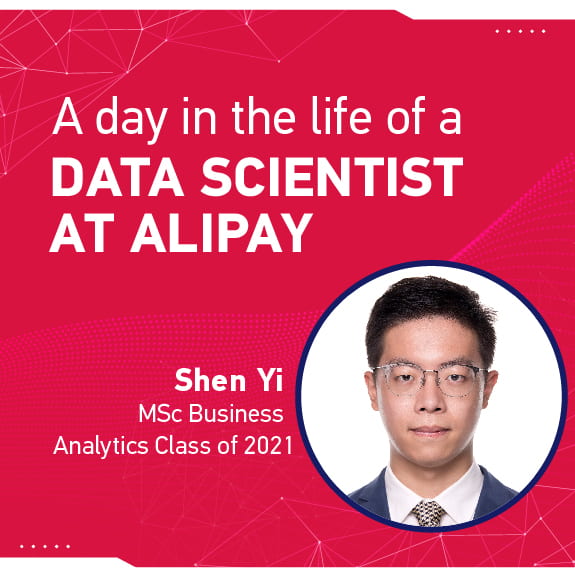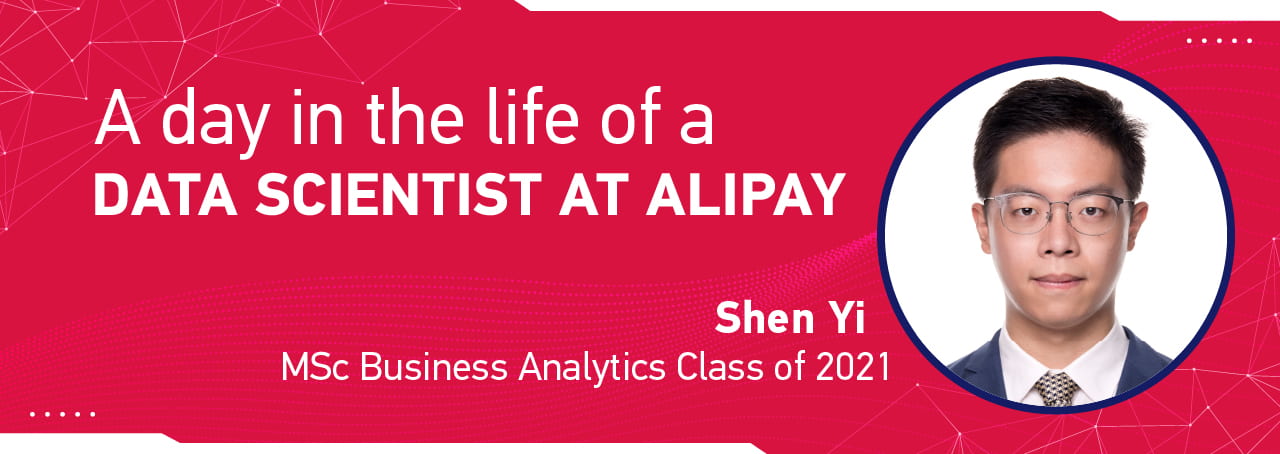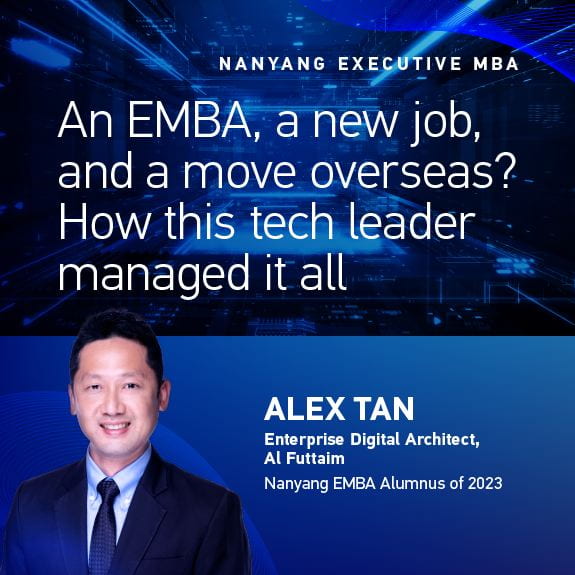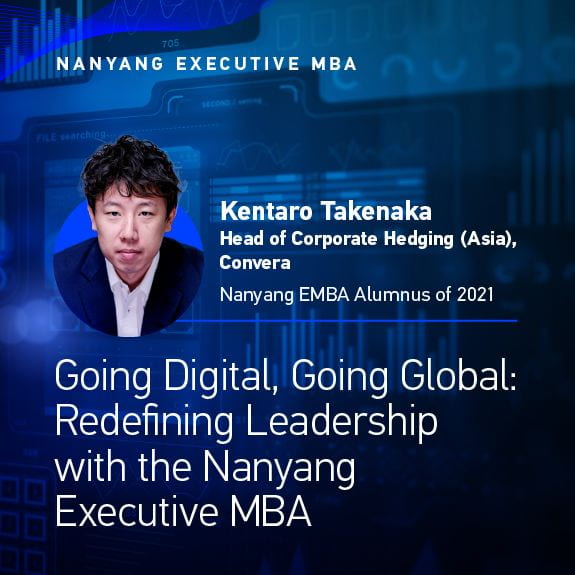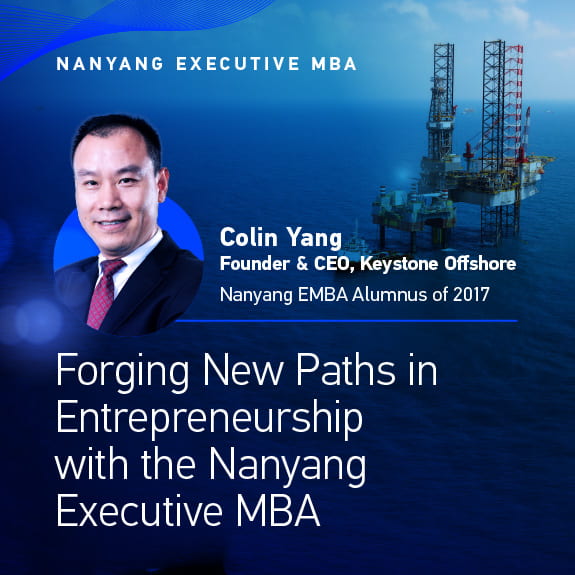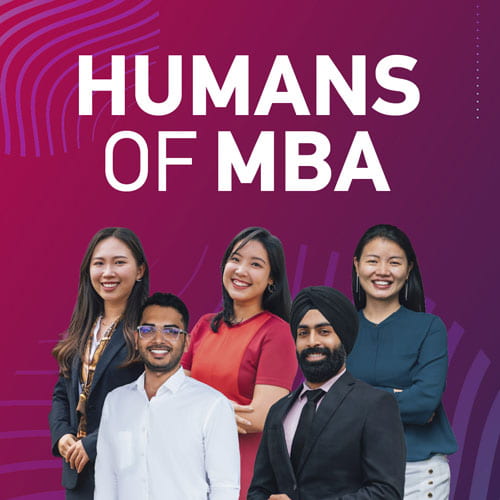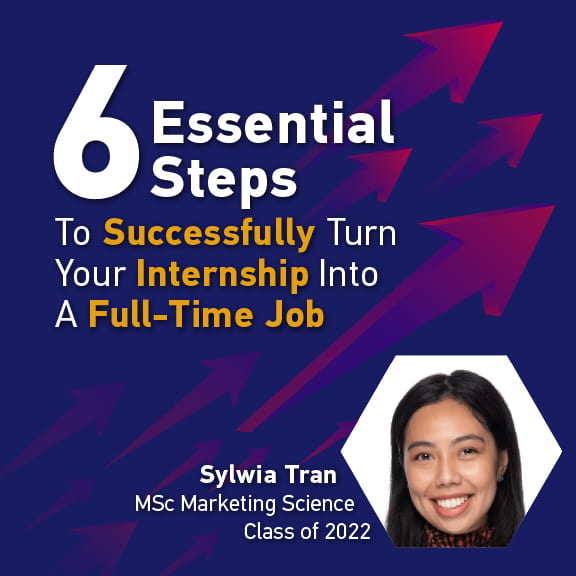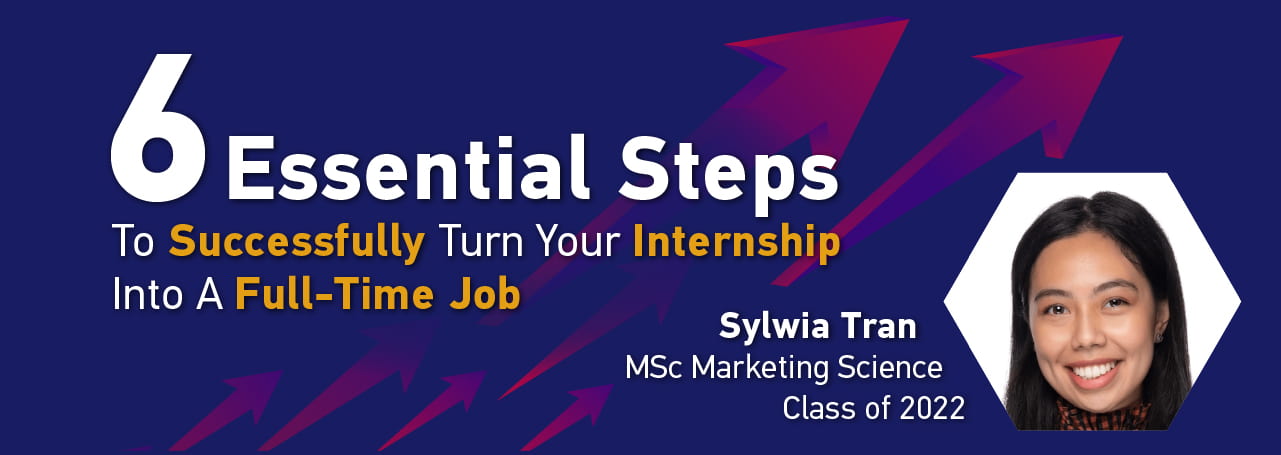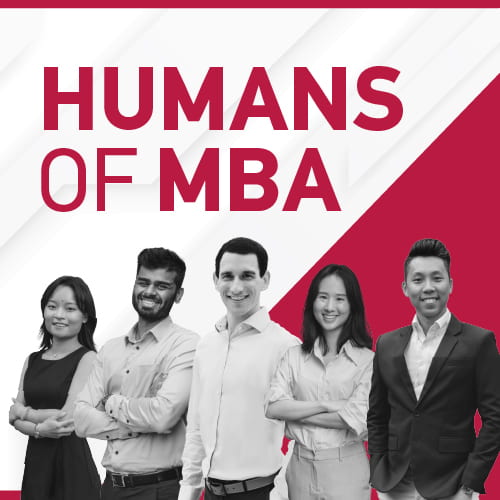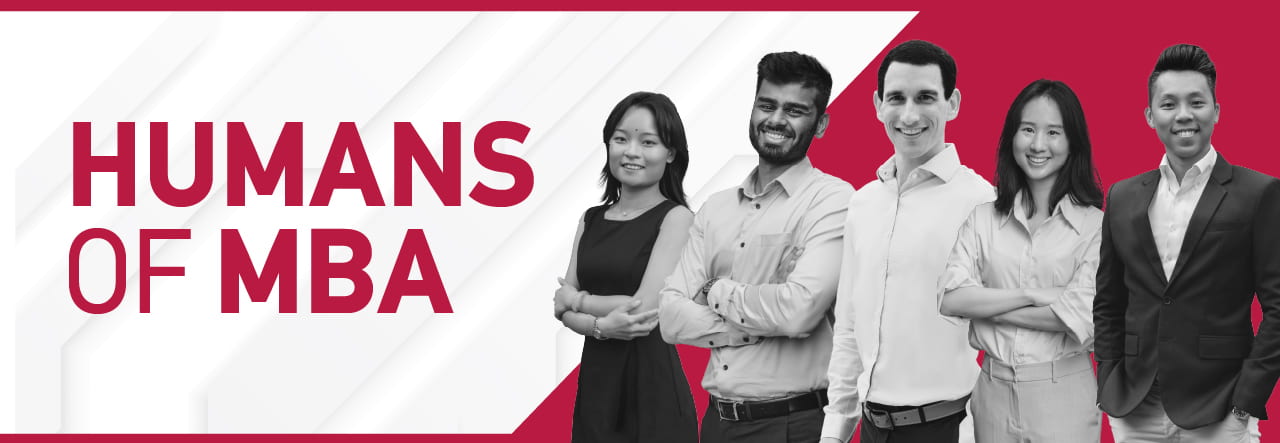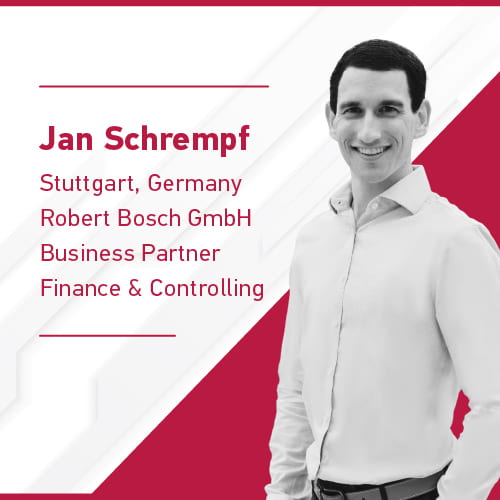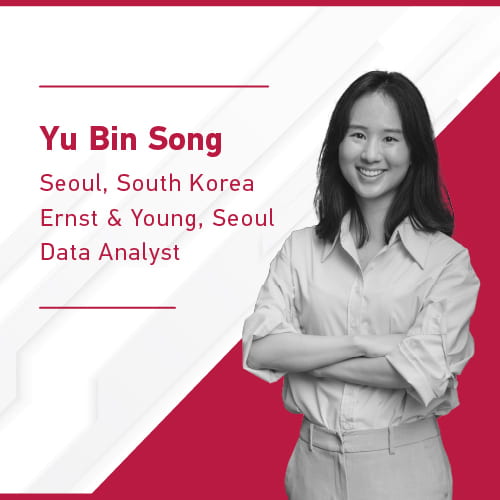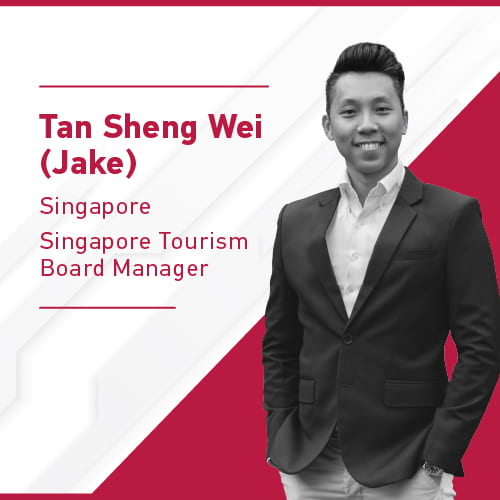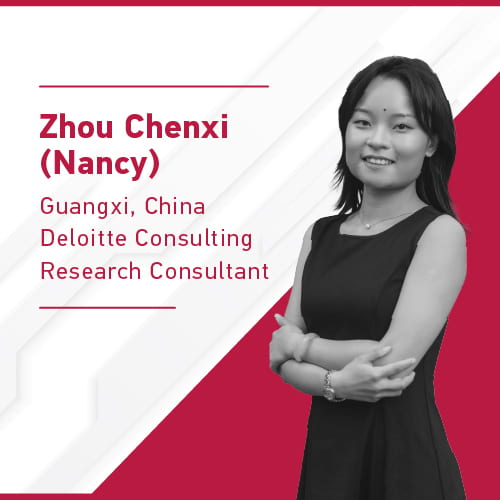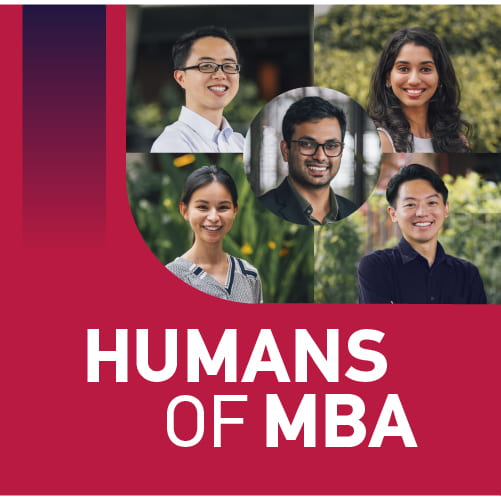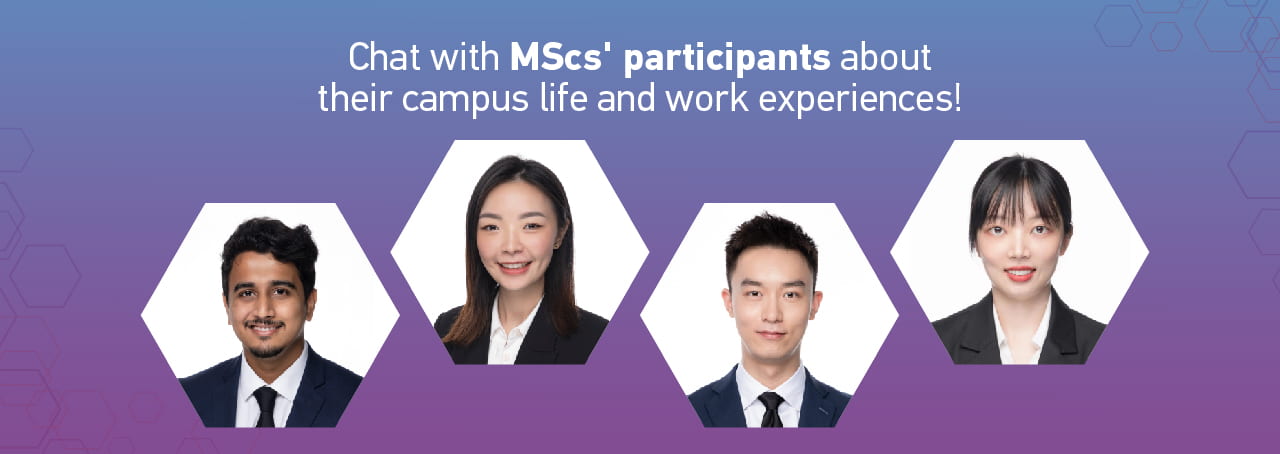
Embracing Change to the Fullest with the Nanyang EMBA
Graduate Studies Blog

NANYANG EXECUTIVE MBA
Embracing Change to the Fullest with the Nanyang EMBA
Phase five for Damian is a Global CIO role in one of the largest global lessors of shipping containers, Seaco (https://www.seacoglobal.com) based in Singapore where he runs the Global IT team from. Damian also continues to support his wife’s business venture, Lush Platters (https://www.lushplatters.com), which supplies premium wine, cheese, cold cuts, and grazing tables across Singapore.
Damian began his career at a London dot-com startup before leading professional services teams across Europe delivering core banking technologies. He spent seven years in Australia with companies like American Express to lead Expert Engineering across the APAC region before moving to Singapore to head up a global IT team at Standard Chartered Bank. Damian transitioned to Workday as the Chief Technology Officer before recently joining Seaco as Global CIO, still based in Singapore. In his spare time, Damian coaches and mentors’ startups across Asia.
As a Nanyang EMBA graduate, Damian has spoken about how the programme at Nanyang Technological University’s (NTU) Nanyang Business School helped him become a culturally savvy global leader and planted the seeds needed for a growth mindset.

“For our EMBA project we researched and developed biometric interactive voice security system as a project thesis, this is still live and in use today at the Bank. It’s rewarding to see the difference we were able to make during the program, and that it lives on, long after we graduate.”
“The executive EMBA programme taught me to look beyond where I am today and peer into the future. I was on a precipice, if I didn’t try to make the jump out of the Banking and Finance sector, I would always regret it.”
Courage to change
Switching industries as a senior leader requires courage. Damian credits a lot to both instinct and timing but also recognised the values the Nanyang EMBA taught him. This certainly helped to conquer his fear of failure through his personal growth, product and market innovation and entrepreneurship in all development aspects.
While attending the EMBA’s overseas component at the Haas School of Business at the University of California, Berkeley he studied Business Psychology. Damian discovered he was a leader with an entrepreneurial flair, and it helped him foster a realisation that he wanted to start a Technology company of his own.
This learning was further enhanced during a later session with Sequoia Capital, during which EMBA participants designed a new business and had to pitch the idea to Sequoia and design the proposal for a digital application.
“It marked a mental shift that I should start listening to myself more, in terms of how my brain and personality is naturally wired, and the skills and activities that make me tick. Sometimes to learn, one needs to be uncomfortable, recognise the need to stretch one’s own capability limits to understand where our core strengths truly are.”
These experiences led him to launch his own technology start-up, and in unison support his wife in starting Lush Platters. When the pandemic hit, he needed to pivot fast to accommodate a different strategy, it was key to not only success, but survival.
“This was hard it took great courage and debate, but we had to look at the facts and focus.” Damian reflects. “At the time we faced the decision to close, or double down on both businesses and adapt, evaluating if the business was robust enough to withstand change and could we afford it?” Lush Platters enjoyed a successful pivot and growth whilst Damian made a conscious decision to close the technology startup.

Constant career evolution
Damian transitioned from Banking and Finance to CTO for Workday, a role which included technical writing, technology evangelising, directing product strategy, and building business and cloud transformation strategy with customer and prospect CIOs.
The change represented a major departure from the executive’s previous position managing a global IT team of 250 people, and overseeing multimillion-dollar P&L. “Being a CTO was a great experience, however after a couple of years I recognised that I wanted to be creating and leading the change not influencing it for others”. After talking to hundreds of CIOs Damian realised that being a CIO was the next logical career path.
Now as Seaco’s Global CIO, Damian spearheads the company’s full IT scope and front to back services, drawing upon a wealth of expertise spanning global IT P&L management, digital transformation, development, cloud, security, operations, cyber, infrastructure, end-user services amassed throughout his career.
He is enjoying the diversity that this new role offers in one of Singapore’s primary industry sectors and each days brings new opportunities. “In my second week at Seaco, we embarked on a transformative CSR trip to Vietnam, collaborating with Action on Poverty (https://www.actiononpoverty.org). It was a humbling experience, fostering deep connections with colleagues and creating lasting impact on the community which will be enjoyed for many years to come.”
“Seaco’s commitment to impactful CSR initiatives resonates profoundly with me, marking one of the most rewarding chapters in my career—one I’ll always cherish,” he reflects.
Damian is also committed to lifelong learning, recently becoming a Certified Professional in AI, Ethics and Governance at NTU, and is looking forward to innovating with AI at Seaco.
Summing up his Nanyang EMBA experience, “every new experience is like planting a seed, with patience and care over time you can see the tree grow.” Even after a decade, lessons from the Nanyang EMBA continue to prove their worth throughout his career evolution, “The seed I once planted in the EMBA is now bearing fruit that I am also sharing with others.”
“New opportunities start to surface because of the energy you put into every interaction,” Damian says. “The growth mindset that you develop over time through experimentation, acknowledging sometimes this may involve failing but never being afraid to continue to learn change, adapt and expand your horizons is critical.” he concludes.
About the Nanyang Executive MBA
In this rapidly changing world driven by technology, digitalisation, and sustainability, lifelong learning is key to staying ahead of the competition. The Nanyang EMBA equips business leaders with the tools and strategies to lead purposefully in the hyperconnected economy.
This part-time programme offers a career-compatible schedule allowing you to you’re your undivided attention to work and study. The programme’s duration is 13-months with the flexibility to stretch to 2 years to accommodate work demands.
Visit our website at https://bit.ly/NanyangExecMBA or download the brochure to learn more about the programme and available funding options.

